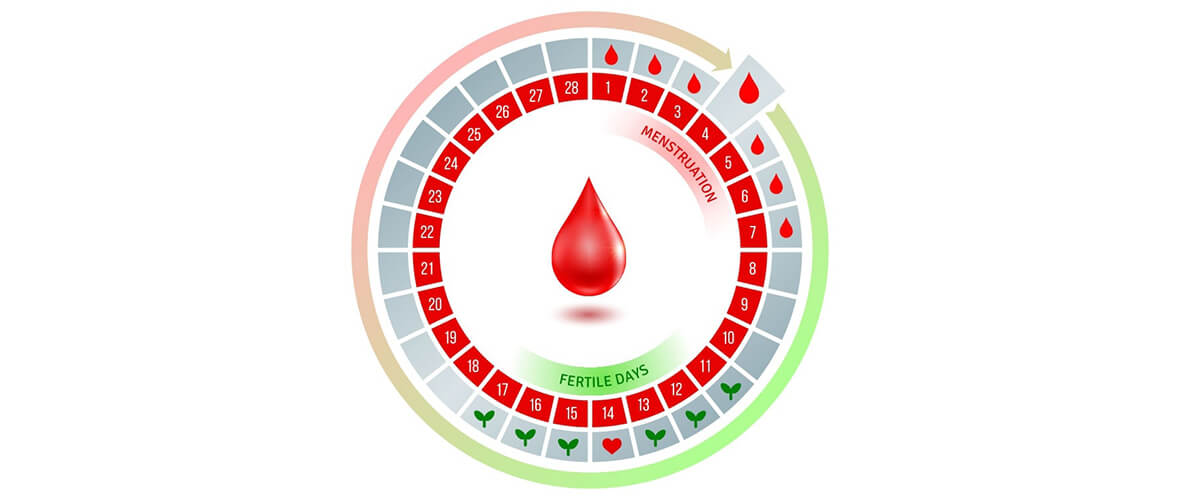Many mothers-to-be often ask “How can I track ovulation with irregular periods?”. This question is very common and there are multiple solutions available.
Irregular periods create a challenge in tracking ovulation and knowing when the best time is to have sex in order to get pregnant. The good news is that tracking ovulation with irregular periods is pretty easy to pinpoint. You can even track your ovulation with a good amount of precision thanks to the advancement of modern medicine.
Knowing when ovulation occurs is essential for those trying to get pregnant
Charting Your Cycle – Even though your cycle is irregular, it is good to track it on a calendar for a few reasons. First, you may notice some clues that give you a pattern. Second, if you experience fertility problems, the data from your tracking efforts is valuable information to share with your gynecologist or fertility specialist.
Cervical Mucus – Your cervical mucus changes when you ovulate. Cervical mucus during the first few days after your menstrual cycle will be dry. Your cervical mucus will begin to increase. As you approach ovulation, the cervical mucus will be plentiful, slippery, clear, and stretchy. Many women compare the consistency to that of egg whites.
Basal Body Temperatures – Your body temperature fluctuates with the onset of ovulation. If you are tracking your basal body temperature, you will find a spike in temperature as ovulation occurs. This lets you know that ovulation is occurring.
Tracking Ovulation With Irregular Periods: Ovulation Predictor Kits
Some people find it cumbersome to manually track ovulation with irregular periods. Ovulation predictor kits and fertility monitors are tools that do the tracking for you. Unfortunately, with irregular periods, particularly those that are longer, you will probably have to do more testing month to month.
The Luteinizing Hormone (LH) is consistently detected in your urine. There is an increase in presence 24 to 48 hours prior to ovulation. An ovulation predictor kit detects this increase and lets you know that you are ovulating. As ovulation predictor kits help you identify and confirm when you are ovulating, you should record these dates on your calendar. Whether you look for patterns on the calendar or not, the information will be helpful to a fertility specialist if you find yourself encountering problems when trying to conceive.
Want to Know More?
Our Ultimate Fertility Resource Guide provides the information you need on fertility, tips on how to get pregnant faster, and how to boost fertility through sometimes simple tweaks to your lifestyle and approach. The guide is easy to read and meant for anybody wanting to increase their ability to conceive. It’s a free download and includes coupon codes for essential products. Even free Nightfood Nighttime Ice Cream.






